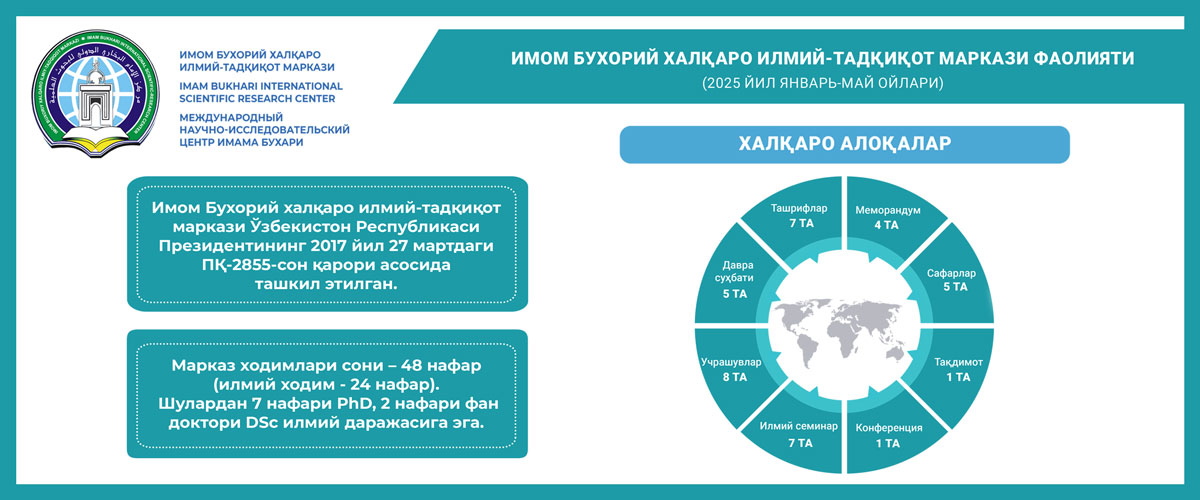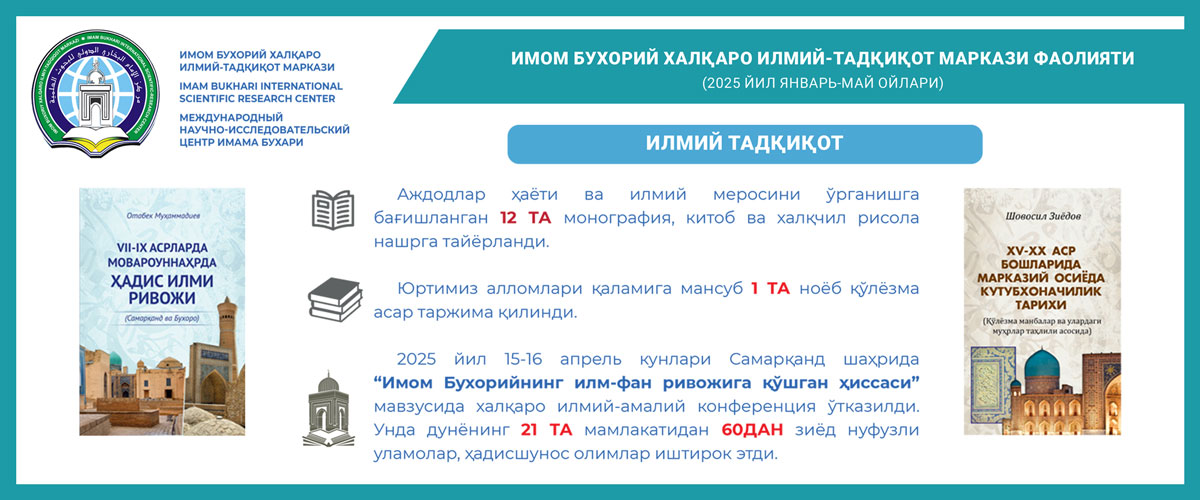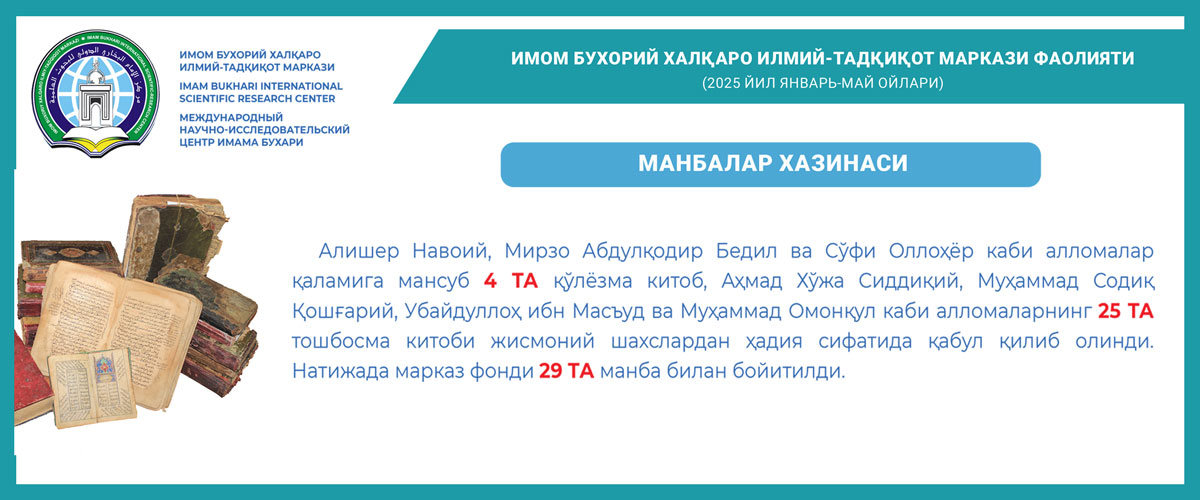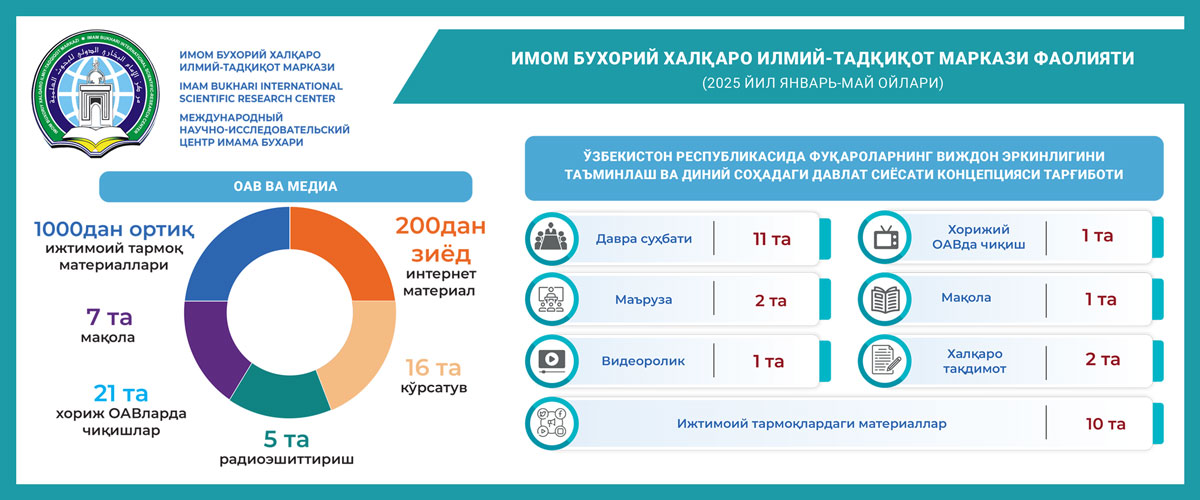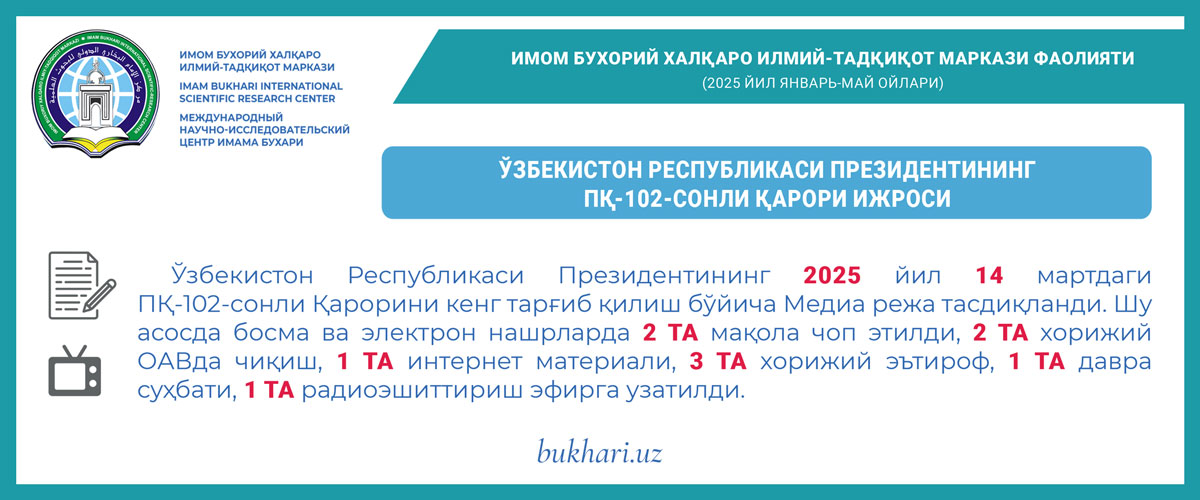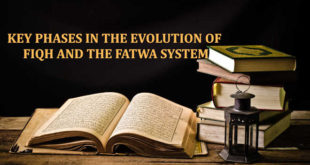Emotional Intelligence is the process of learning to understand our own emotions (self-awareness), learning to understand the emotions of others (empathy), gaining proficiency in positive emotional responses in oneself and the ability to motivate oneself rather than waiting on direction or discipline from others (self-management), and recognizing and accepting the emotional responses of others (social awareness and relationship management).
Salovey and Meyer, (1990) summarized these four components of emotional intelligence:
- Self – Awareness: Observing yourself and recognizing a feeling as it happens.
- Self-Management: Handling feelings so that they are appropriate; realizing what is behind a feeling; finding ways to handle fears and anxieties, anger, and sadness. 3. Empathy: Sensitivity to others’ feelings and concerns and taking their perspective; appreciating the differences in how people feel about things.
- Social Awareness and Relationship Management: Managing emotions in others; social competence and social skills.
There are some factors which influence on emotional intelligence. Factors influencing the development of emotional intelligence have been studied by various scholars as O.I. Vlasova, D.J. Meyer, D.Goulman, T.P.Berezovskaya, A.V.Libin, V.M.Rusalov, S.I.Dudin, A.Ellis, H.Djekins, D.Guastello, S.Dj.Guastello, V.D.Shadrikova. (Andreeva I.N., 2008:36)
Psychologists divide the factors influencing the development of emotional intelligence into 2 main groups:
- Biological factor
- Social factor.
Among the social factors influencing emotional intelligence, the factor of religion is also recognized separately. Because the results of the research showed that there is a correlation between high scores on the scales of “Emotional Intelligence” and “Religion” Andreeva N. reveals several reasons for this situation:
– First, in religious people, external locus control, which allows for emotional control and empathy, predominates.
The reason is that a religious person believes that the will of God happens in all events of his life.
– Secondly, religious education, first of all, helps to develop a sense of love in a person, to cultivate spiritual feelings. which helps to increase empathic ability in the individual. (Andreeva I.N., 2008:36)
– Thirdly, as a result of performing religious prayers, repentance, a person develops the ability to analyze their own behavior, as well as self-control.
As Shadrikova V.D. noted, – faith not only enriches a person’s emotions emotionally, but also enriches his experiences by rebuilding his inner life and giving it a new quality.
Religion helps in the development of emotional intelligence, prevent the formation of destructive behavior in the individual, encourage empathy for other people and help to overcome negative emotions.
Below we attempt to analyze how islamic sources affect the development of emotional intelligence.
The ability to correctly analyze negative and positive emotions in the past, to control them depends on how well developed emotional intelligence.
In several places in the Qur’an, verses have been revealed on how to overcome negative emotions and choose the right decision in times of emotional distress.
Surah “Ali-Imran”: “So by mercy from Allah, [O Muḥammad], you were lenient with them. And if you had been rude [in speech] and harsh in heart, they would have disbanded from about you. So pardon them and ask forgiveness for them and consult them in the matter. And when you have decided, then rely upon Allah. Indeed, Allah loves those who rely [upon Him].” (3:159) In other verses of this surah “And those that swallow their anger and who oft pardon the people.” (3:134) These two traits mentioned in the verse above are characteristics of people Allah describes as inheritors of paradise. When our anger reaches our throats and we feel like it will overcome us, causing it to recede through practicing restraint is a trait of the people of paradise.
Managing of anger is one of the symptoms of high emotional intelligence. Various recommendations are given by practical psychologists on anger management.[1] Patterson categorizes anger as a non-sudden emotion.
Based on some verses of the Koran and the hadith above, it can be concluded that basic human emotions, ranging from sadness, happiness, anger, fear, and others.
Messenger Muhammad (peace be upon him) has said: “Shall I tell you who is the toughest and strongest from among you? The one who controls himself when he is angry.” (Natharul Durrar: Volume 1, Page 183).
Empathy (knowing the feelings of others) came into its own and the flow of active consciousness. In the Intelligence Daniel Goleman considers emotional empathy as a basic human skills. People who have empathy is a natural leader, charismatic who can express and articulate the unspoken collective sentiment to guide the group toward its goals. Benefits of empathy among others is more stable emotionally, successful in building relationships.
For example, empathy can be seen in a statement by the Prophet Mohammad (PBUH) which states that: “None of you truly believes until he wishes for his brother (Muslims call each other brother/sister) what he wishes for himself.”
Messenger Muhammad (peace be upon him) has said: “Shall I tell you who is the toughest and strongest from among you? The one who controls himself when he is angry.” (Natharul Durrar: Volume 1, Page 183).
Empathy (knowing the feelings of others) came into its own and the flow of active consciousness. In the Intelligence Daniel Goleman considers emotional empathy as a basic human skills. People who have empathy is a natural leader, charismatic who can express and articulate the unspoken collective sentiment to guide the group toward its goals. Benefits of empathy among others is more stable emotionally, successful in building relationships.
For example, empathy can be seen in a statement by the Prophet Mohammad (PBUH) which states that: “None of you truly believes until he wishes for his brother (Muslims call each other brother/sister) what he wishes for himself.”
We can also cite the following hadith, which shows that Muslims should understand the situation of their brothers and be compassionate. “Muslims are like one body of a person; if eye is hurt, the whole body hurts and if head aches the whole body feels pain”
In conclusion, important signs of the formation of emotional intelligence in a person are the ability to control own emotions, the skill which helps to make right decisions without losing himself, even when negative emotions occur, as well as empathy. Instructions for the formation of the same abilities are also given in the sacred sources of Islam. Islam encourages people to be forgiving, compassionate and kind for other people, and teaches to control negative emotions, not to fall into depression. Following instructions that one can be form elements of emotional intelligence in oneself.
 Imom Buxoriy xalqaro ilmiy-tadqiqot markazi bukhari.uz
Imom Buxoriy xalqaro ilmiy-tadqiqot markazi bukhari.uz
